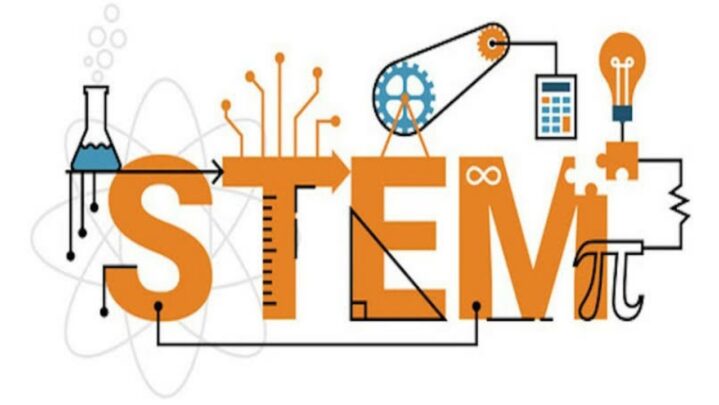Any employment involving science, technology, engineering, or math is considered a STEM job. A STEM career allows you to solve issues, come up with new ideas, and conduct research if you have a strong foundation in these topics. These individuals can operate in a variety of contexts, such as an office, laboratory, research facility, classroom, or in the field
In this post, we’ll look at a few examples of in-demand STEM jobs as mentioned by Indeed Career Guide.
1. Technical writer
Technical writers’ primary responsibilities include creating instruction manuals, journal articles, and other papers to disseminate technical information to a wider audience. To produce these papers for customers and other general audiences, professional writers develop, acquire, and assemble technical knowledge from designers and manufacturers.
2. Computer programmer
Computer programmers’ main responsibilities include designing and developing software programmes as well as integrating systems with software. They also undertake algorithm analysis, source code modification, system instructions writing, system debugging, and operating system maintenance.
3. Chemist
Chemists’ main responsibilities include researching chemicals and their interactions with the environment. They use this data to do research, produce products, and improve how people interact with the environment. These experts are usually part of research teams in fields such as medical research and food production.
4. Web developer
A web developer’s primary responsibilities include coding and designing the look and structure of a website. Graphic design and computer programming languages such as HTML and JavaScript are required. Educational qualifications might range from a high school certificate to a bachelor’s degree, depending on the business and type of web development.
5. Biologist
These researchers investigate the composition, behaviour, habitats, and interactions of living organisms with other organisms and the environment. Biologists do research, gather data and measurements, conduct tests and experiments, and evaluate and interpret the results.
6. Systems analyst
Systems analysts assess a company’s computer systems and develop solutions to help them run more efficiently and effectively. If necessary, these analysts may design and construct new systems, as well as undertake system testing to ensure that they are working properly.
7. Statistician
A statistician compiles and presents data to help organisations spot trends and make predictions. This position necessitates the use of mathematics to evaluate outcomes and analyse patterns. These individuals typically hold a master’s degree in statistics, mathematics, or survey technique.
Keep reading successyeti.com
Also Read: 5 Fun Jobs In The World





